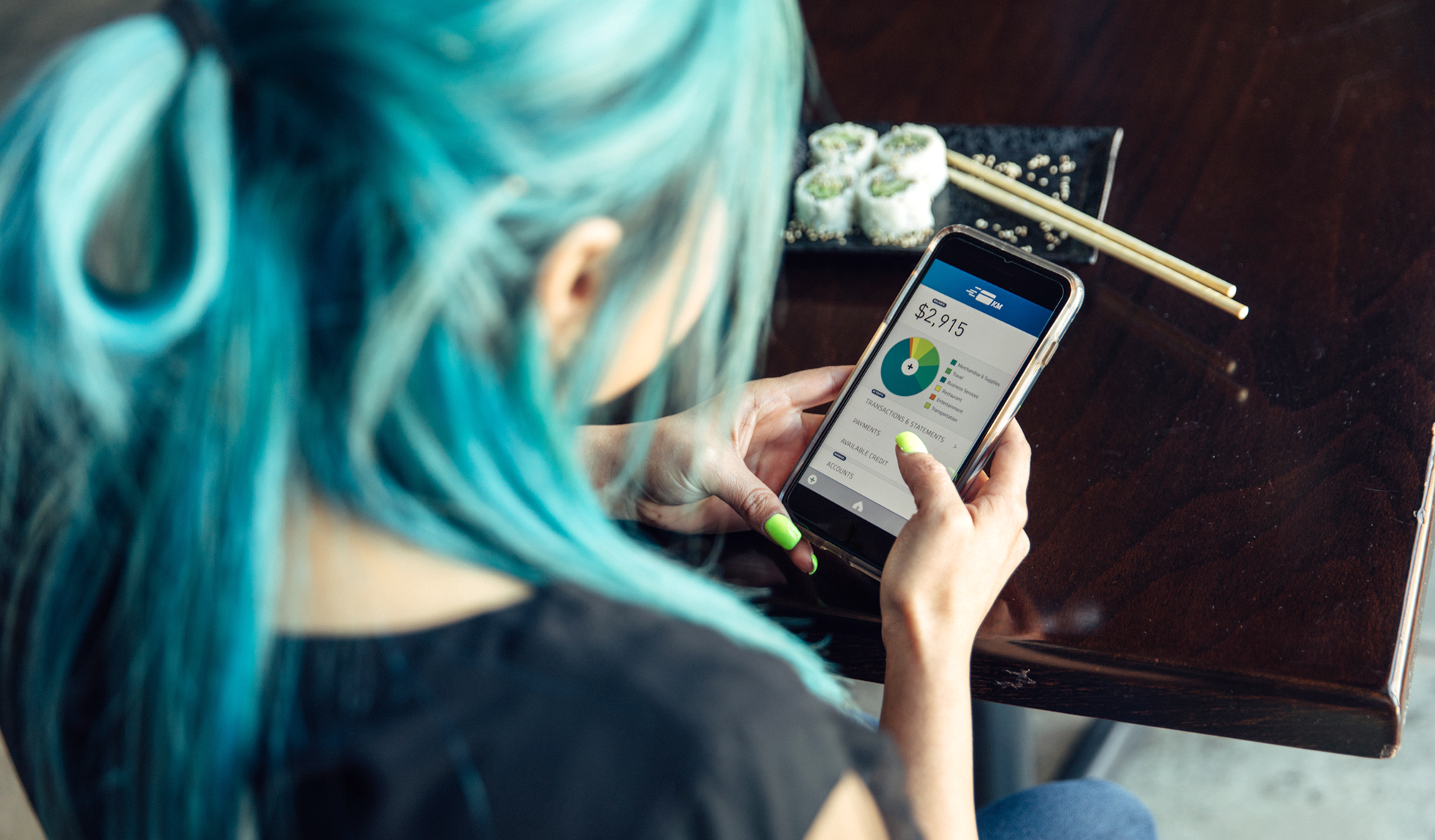How to save an emergency fund
Planning for an emergency might not sound like an ideal way of spending a Saturday night. But, as the COVID-19 pandemic taught us, no one is immune from a sudden, unexpected financial upheaval.
That’s why everyone needs an emergency fund.
What’s an emergency fund? 🚑
An emergency fund is a lump sum you keep squirrelled away, in case an emergency happens.
A financial emergency is anything that suddenly prevents you from earning money or causes you to need more money, such as an accident, illness, job loss, flood or fire.
How much should you put in an emergency fund? 🤲🏽
An emergency fund should enable you to survive for as long as the emergency affects your finances. It’s impossible to plan for every event, but, as a rule of thumb, three months’ worth of living expenses is a good start.
Calculate how much you’d need to live, including all essentials, such as mortgage repayments or rent, food and bills. But don’t include extras, like stays in five-star hotels. In an emergency, you’ll probably have to forgo a few luxuries.
Don’t forget to factor in your insurance policies, including their fine print. For example, income protection might provide a percentage of your income for six months, but, depending on your policy, you might have to wait several weeks or months to access it.
Once you’ve saved a three month long emergency fund, start working towards six months.
Tips for building your emergency fund 👷🏿♂️
The first step is to open a separate account—preferably one with a high interest rate, which you can’t access with a debit card (especially during end-of-season sales).
Next, set up automatic transfers from your savings account. If things are tight, start small. Even $20 a week will amount to $1,040 by the end of the year.
Then, consider how you could boost payments by making small sacrifices, such as packing your lunch religiously or skipping a dinner out every now and again. Whenever you get a little windfall, put at least some of it away.
Avoid temptation 😇
Even the best savers come face-to-face with temptation at times. If a holiday deal comes up that you simply can’t refuse, try to force yourself to spend a few weeks or months saving for it, rather than turning to your emergency fund.
But, if you do dip into it—for a non-emergency or an emergency—top it up pronto.
Peace of mind ☮️
Getting an emergency fund off the ground might not sound easy, but it’s worth it for peace of mind.
Once you have three months’ worth of survival expenses in your account, you’ll no longer have to panic at the thought of losing your job or facing an unexpected event. When you’re under stress, the last thing you should have to worry about is money.


 Team MONEYME
Team MONEYME ">
">
 ">
">
 ">
">